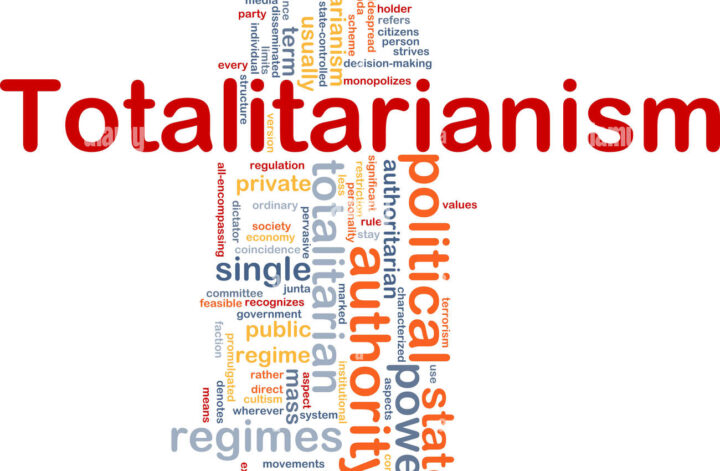The question arises when abstaining from voting becomes a justifiable, ethical, and valuable political action. In Western politics, an analogy can be drawn to a man falling from a skyscraper. Initially gripped by fear, as he descends to the tenth floor, he reassures himself with the thought, “So far, so good.” Chomsky’s frog provides a more sophisticated illustration.
Twelve years ago, Alessandro Tessari, a former Italian MP for the Communist and later Radical Parties, and Ester Tanasso, a political scientist, published a thought-provoking pamphlet. It works in a proportional electoral system, the same as the one used to elect the European Parliament’s members. Under their proposal, parliamentary seats would be allocated in proportion to the number of voters. If half of the eligible voters abstain from voting, only half of the seats would be filled. Similarly, if three-quarters of electors cast their ballots, only one-fourth of the seats would remain unoccupied. It is important to note that the Parliament is tasked with making decisions based on the majority of the seats, which includes the vacant ones.
Consequently, a significant abstention could impede the functioning of the Parliament. If less than half of eligible voters participate, institutional deadlock ensues. The proposal is just explanatory and not worth implementation because it would likely entail the establishment of an authoritarian regime.
The inability to reach decisions and establish a government carries significant implications, leading to the delegitimization of institutions, beginning with the electoral process itself. This admittedly provocative example sheds light on when non-voting proves to be an alarm for democracy and, thus, may become a legitimate and advantageous political approach. In Western countries, where citizen participation at the polls is steadily declining due in part to existing electoral laws, institutions require more widespread support. As the legitimacy of democratic institutions relies on the consent of the people, these institutions become less legitimate if only a small number of citizens exercise their right to vote or harbor distrust towards the voting process and government formation procedures.
In the past, some argued that non-voting did not necessarily signify protest or distrust. On the contrary, politicians contended that people refrained from voting because they believed in the system. However, it isn’t easy to find support for such justifications in today’s context.
The increase in street demonstrations, reflecting specific interests or widespread dissent towards the government, poses a significant challenge to democratic institutions. By abstaining from voting, there is still a possibility of containing the authoritarian and oligarchic post-political condition into which Western democracies are drifting.
Through purposeful and vocal non-voting campaigns, citizens express their political desire for change in a deteriorating situation while taking an ethical stand against decisions made by corrupt institutions. Refusing to vote allows citizens to voice their opposition to degraded politics with dignity to solicit substantial reforms.
By non-voting, the citizens express with dignity (a) the need to change a degraded situation and (b) an ethical attitude in which they declare that decisions of corrupt institutions will not be made in their name. It is no accident that it was written in some Constitutions that voting is a duty, not just a right. Voting is still compulsory in some countries, such as Australia, Brazil, Belgium, and Luxembourg. People of my generation and background attach sacredness to voting and still consider it a duty. Young people vote in significantly smaller numbers without any guilt complex. But we must eliminate the guilt that grips us if we do not go to the polls. With these election laws, with the absence of parties and the establishment of an oligarchy, voting only reinforces a system that needs to be challenged and changed.
In the classic pattern of Exit, Voice, and Loyalty, the protest (voice) lies in voting minor and anti-system parties; the exit (exit) lies precisely in not voting, while the reluctance to desert the ballot box (loyalty) is determined by the entrenchment of the idea that voting equals democracy, that there is no alternative, and that abstention represents only an unacceptable disfigurement (hybris) to institutions. There would be many good arguments to develop — but that is not what we hear in election campaigns.
P.S. Eventually, maybe I will vote, and if I don’t, I will feel uncomfortable.



